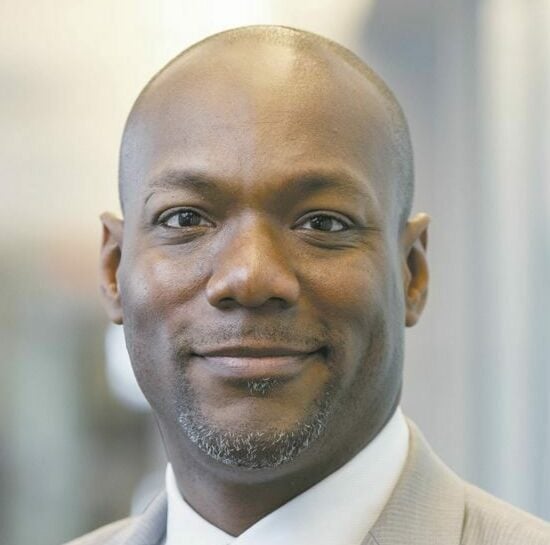Founded by Dr. Jackie Copelan, August is Black Philanthropy Month.
Yet, the history and traditions of Black philanthropy are not bound by time or geography. With antecedents in Africa, philanthropy as practiced among African Americans is based on faith, family, community, and justice.
The myriad expressions of our giving have been influenced both by our love for each other and by the crucible of racism and socioeconomic isolation against which we have fought. Despite the fact that we have hovered near the bottom of the economic scale, we have demonstrated an astonishing selflessness vis-à-vis our generosity to economic, social, educational, political, and religious needs. The marriage of hardship and sacrifice has birthed perseverance and hope.
Our forebears were steadfast in their commitment to sharing whatever they had, despite the reality of domestic terrorism from whites who opposed economic empowerment, equal education, and civil rights. Thus, Black philanthropy has often gone far beyond that which is “nice to do;” it is a sacred trust that has ensured our survival.
Research consistently has demonstrated that African Americans are the nation’s most generous racial group. That is, relative to the size of our respective incomes, we give more of our money to charitable causes as compared to Americans of other races and ethnicities. We give at a high level despite the fact that we have the lowest average income of any racial group other than Native Americans.
According to a report by the Kellogg Foundation, Blacks give 25% more of our annual income to charity than do whites. The report also found that “nearly two-thirds of African American households donated to organizations and causes, totaling $11 billion each year.” In short, African Americans have much about which to be proud when it comes to our monetary generosity, not to mention other forms of philanthropy.
Yet, now is the time to give even more — in targeted ways. As the Trump administration rolls back hundreds of billions of dollars in government grants, Black communities are going to be disproportionately affected. In fact, we are already beginning to see the devastating effects of this retrenchment.
According to the Chronicle of Philanthropy, “Black Americans are more likely to help and give money to strangers in need. Seventy-six percent of Black donors said they give to strangers compared with just under 50% of donors overall.”
At the same time, we must move from focusing only on immediate needs — as important as that is — to make strategic philanthropic investments in causes that lead to securing our political rights, as well as those that will lead to greater economic independence. This might seem like a daunting task. However, there is reason to be somewhat optimistic.
For example, according to the Pew Charitable Trusts, more than a third of Black households have an income exceeding $75,000 — with 25% earning $100,000 or more. In the aggregate, Black wealth in America is $4.6 trillion. While this is small compared to the $94 trillion of wealth that white Americans enjoy, we are an economic force to be reckoned with (as Target is finding out).
Many people would be surprised to learn that two-thirds of African American households donate to organizations and causes, totaling $11 billion each year. Further, 1 in 5 Black donors has indicated that they would give more if they were asked more.
As I wrote in this column five years ago, I am proud to be a founding member of the African American Legacy Fund of Indianapolis (AALFI), which is a donor-advised fund that is managed by the Central Indiana Community Foundation. I call upon all African Americans, as well as our allies of any race, to support such organizations and related causes.
While it is more blessed to give than to receive, we receive every time we give.
Larry Smith is a community leader. Contact him at larry@leaf-llc.com.





